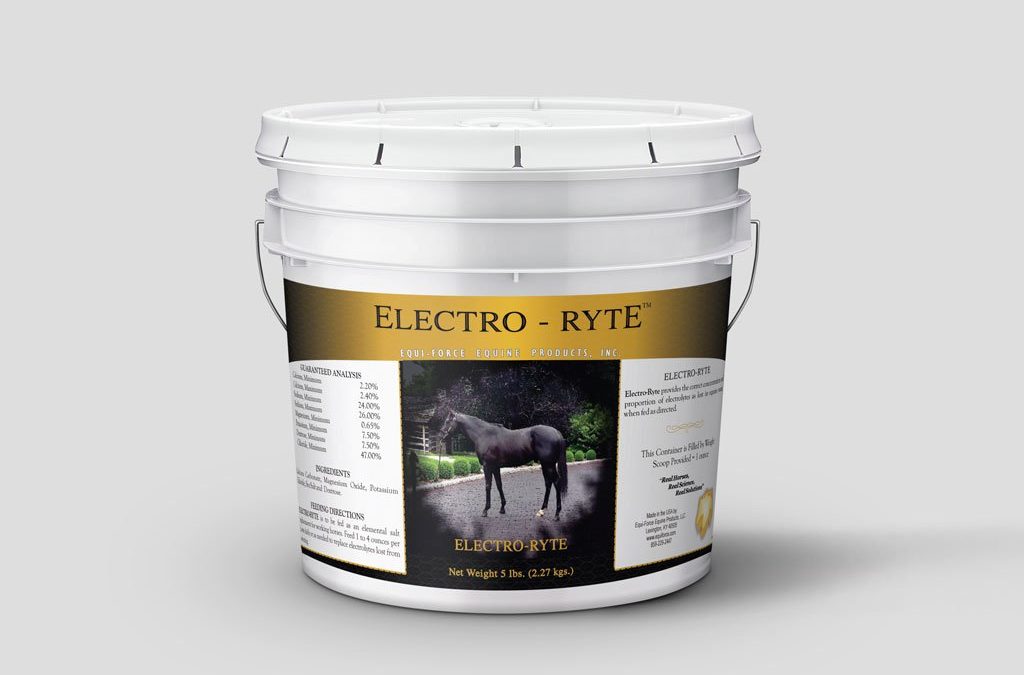
by Dr. Amy Gill | May 14, 2018 | Vitamin & Mineral
Even with cooler weather on the horizon, maintaining your horse’s electrolyte level is still as important as ever. As discussed in one of our previous blog posts, “Keeping the Horse Replenished – Equine Electrolytes”, electrolytes are mineral salts that...
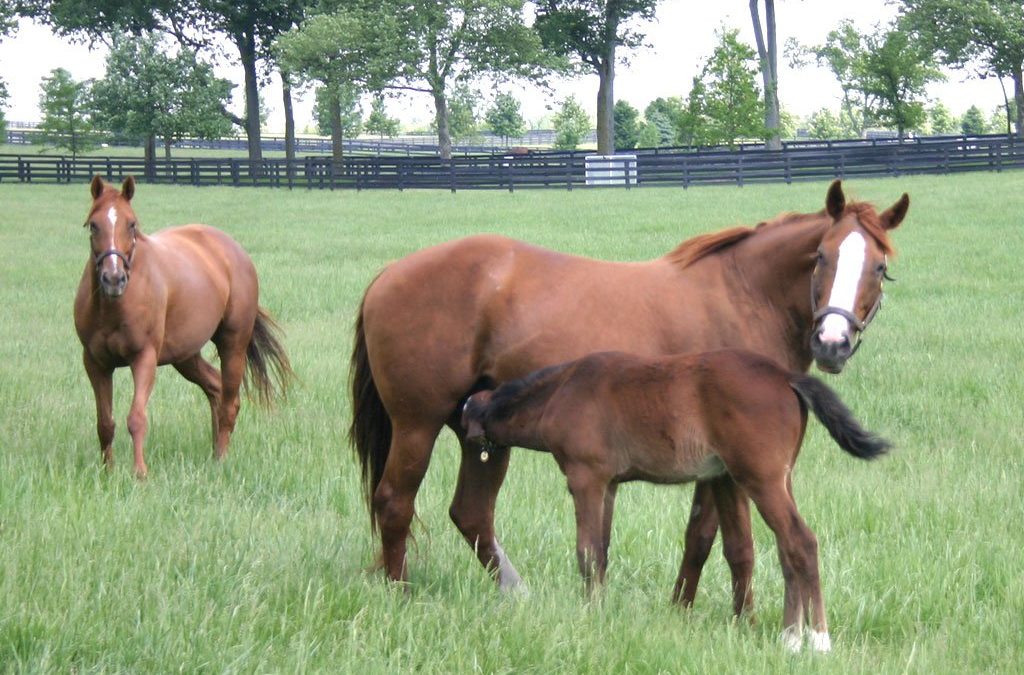
by Dr. Amy Gill | May 14, 2018 | Vitamin & Mineral
Proteins are sometimes called the building blocks of life, and when new tissues are made, large amounts of dietary protein are required. The stages in an animal’s life when new tissues are extensively manufactured are: Growth Lactation Pregnancy Proteins are composed...
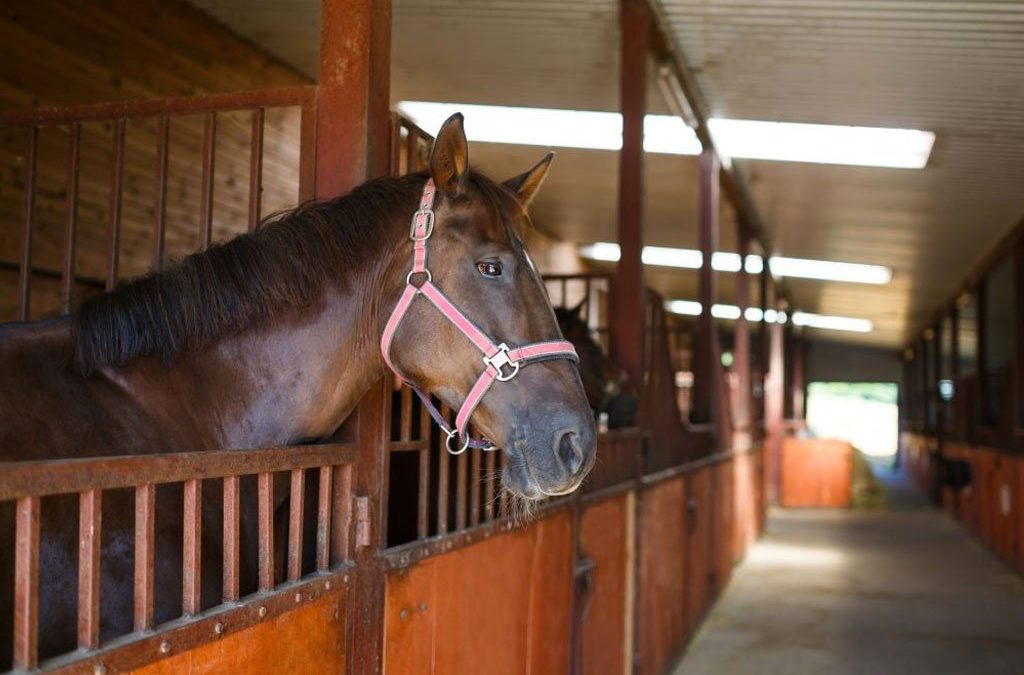
by Dr. Amy Gill | May 12, 2018 | Understanding Nutrition, Vitamin & Mineral
Supporting Equine Digestion – Intestinal Micro-organisms for Healthy Gut Function The equine digestive tract is a fragile system and the rigors of training often cause disruption of normal function to occur. Gastrointestinal disorders, such as gastric ulcer syndrome,...
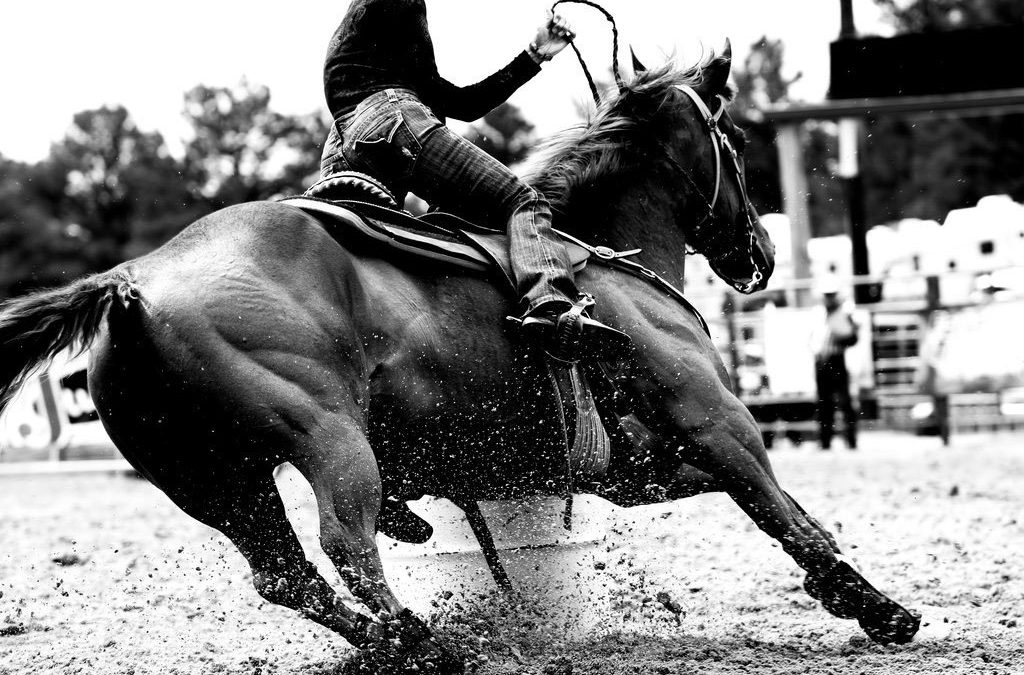
by Dr. Amy Gill | May 12, 2018 | Joint & Bone, Understanding Nutrition, Vitamin & Mineral
This is an email from Sue Thompson regarding the rehabilitation of a starved mare with OmegaTri™ oil as an adjunct nutritional therapy: “Attached are pictures of a 24-year-old TB mare I rescued in December during a freak snowstorm here in...

by Dr. Amy Gill | May 12, 2018 | Understanding Nutrition, Vitamin & Mineral
Milkshakes Leave a Bad Taste Sodium bicarbonate loading could delay onset of fatigue and mask use or detection of drugs By Amy M Gill, PhD. At every level of racing, so much time and money are invested in each horse that trainers and owners want to find the extra...
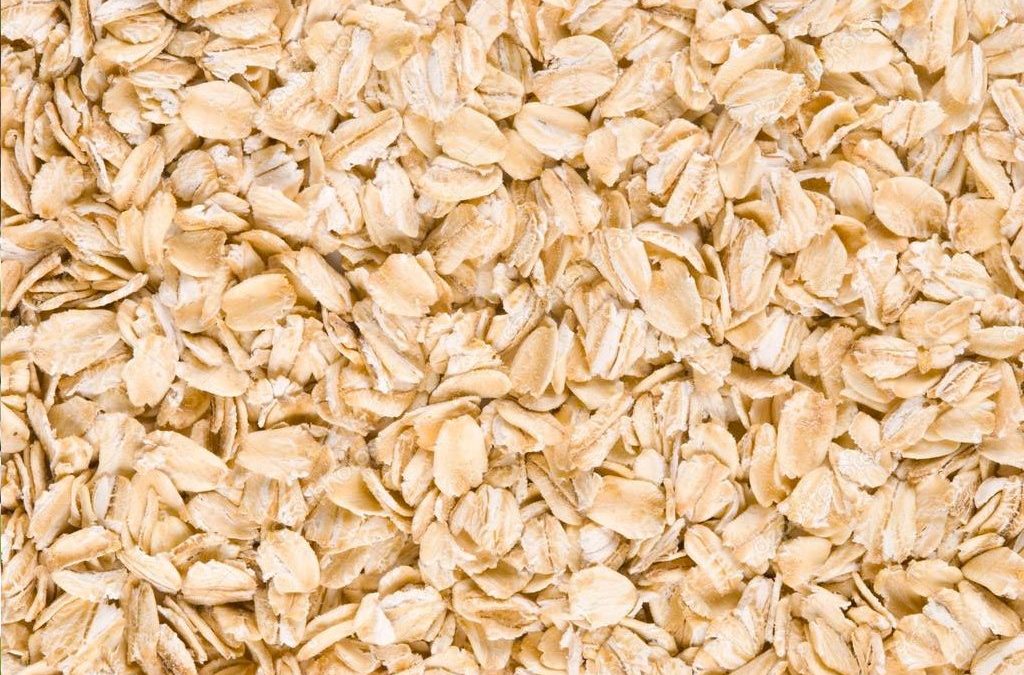
by Dr. Amy Gill | May 12, 2018 | Understanding Nutrition, Vitamin & Mineral
The Truth Behind Bran Mashes – Its Uses & Disadvantages Using bran mash as a weekly ‘cleanser’ is a popular tradition among horse owners and stables. The thought behind the weekly bran mash is that it adds bulk to the stool, helps with hydration, is a good...







